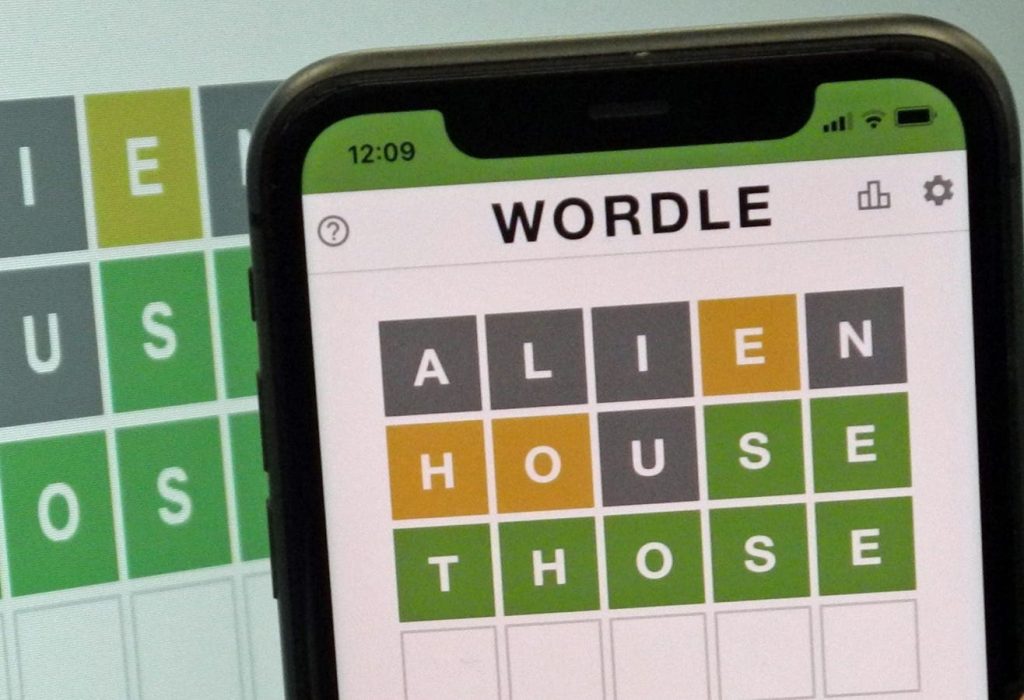It’s Wordle Wednesday, folks! Huzzah! This is my favorite day of the Wordle-Week because every Wednesday I give you, my dearest Wordlers, an extra challenge in the form of a riddle, brain teaser or logic puzzle.
Today’s is a bit different. Today, we’re going to test your eyesight. In the image below, which square is darker: A or B?
I’ll post the answer here on my blog in tomorrow’s Wordle guide. If you think you have this figured out, shoot me a message on Twitter and Facebook.
Alright, it’s Wordle time!
How To Solve Today’s Wordle
The Hint: Happily, at the end of a fairy tale you might live.
The Clue: This Wordle begins with a vowel.
.
.
.
.
The Answer:
Wordle Analysis
Every day I check Wordle Bot to see how I did. You can check your Wordles with Wordle Bot right here.
Another pretty good day of guessing excellence from your humble narrator. I’ve said it before, but three is the sweet spot. Guessing on your first guess is sheer luck, and getting it in two is usually mostly luck. If you can snag it in three, however, that shows you’ve got skill. That’s why, in my Competitive Wordle game, you don’t get points for 4. Four is just okay.
Anyways, rainy wasn’t a great opening guess, but it sure was rainy here before the cold settled in and turned it all to snow. Rainy February. So strange, yet so lovely.
In any case, I grabbed Wordle Bot’s favorite opener for my second guess and that took the 164 words I had remaining and turned it into just 6. Every word I could think of began with ‘A’ and I just picked the one I thought most likely. Sure enough, after was the Wordle! I guess maybe it wasn’t so much skill today. Just luck, after all!
Competitive Wordle Score
Once again, I get 1 point for guessing in three and 0 for tying the Bot. I’ll take it!
Today’s Wordle Etymology
The word ‘after’ comes from Old English, specifically from the word “æfter,” which itself can be traced back to the Proto-Germanic *aftēr, meaning behind or following in time or place. The Proto-Germanic term is believed to be derived from a Proto-Indo-European root *apo-, meaning off or away. Over time, ‘after’ evolved in Middle English retaining its original sense of “behind in place” or “subsequent in time.”
In essence, ‘after’ has always carried the meaning related to following in time or place, and its usage has been quite consistent over the centuries. Its etymological journey from Proto-Indo-European to Old English and into Modern English illustrates the word’s long-standing role in expressing temporal or spatial sequence.
Here’s a song for rainy days:
Read the full article here






